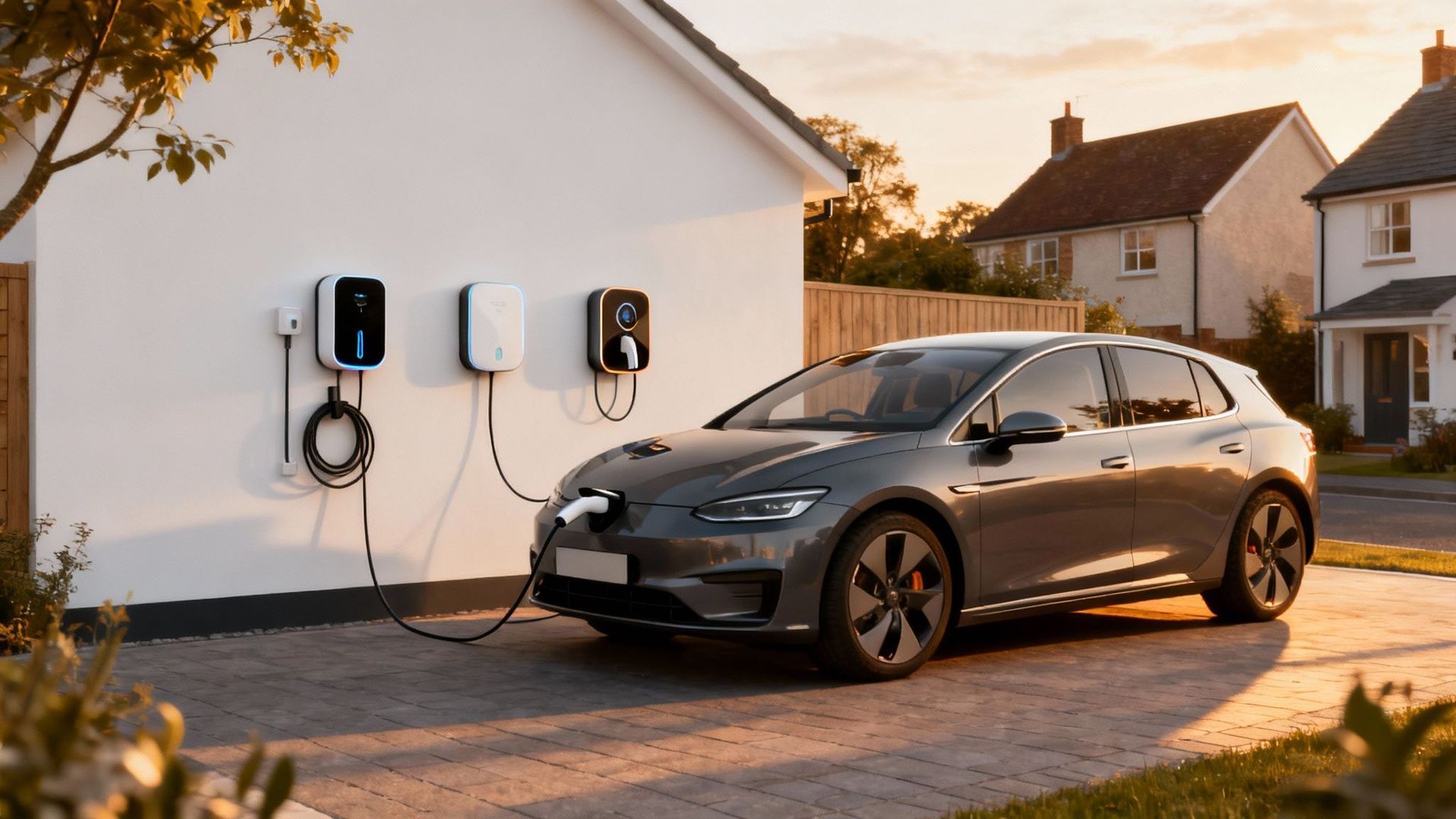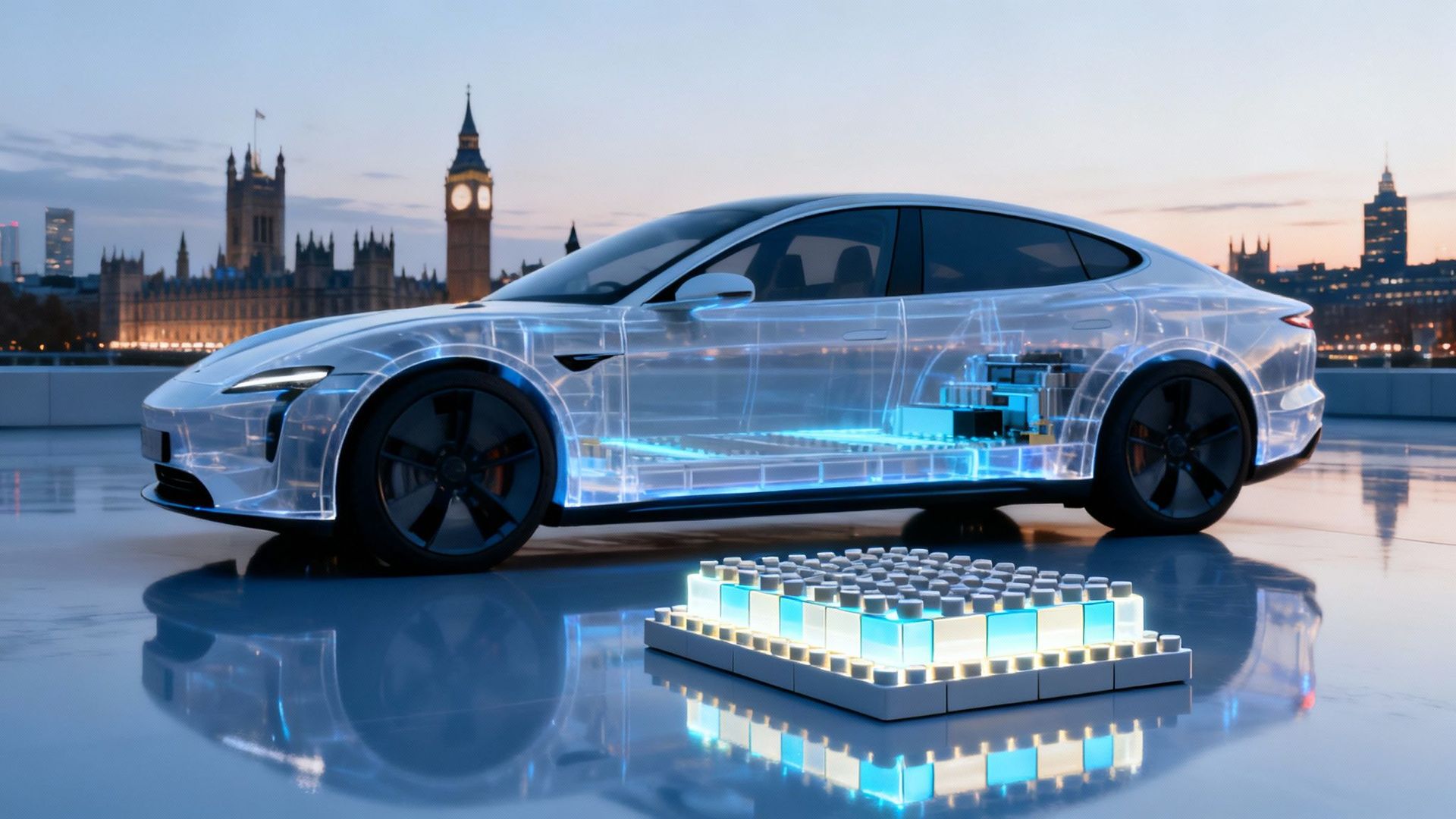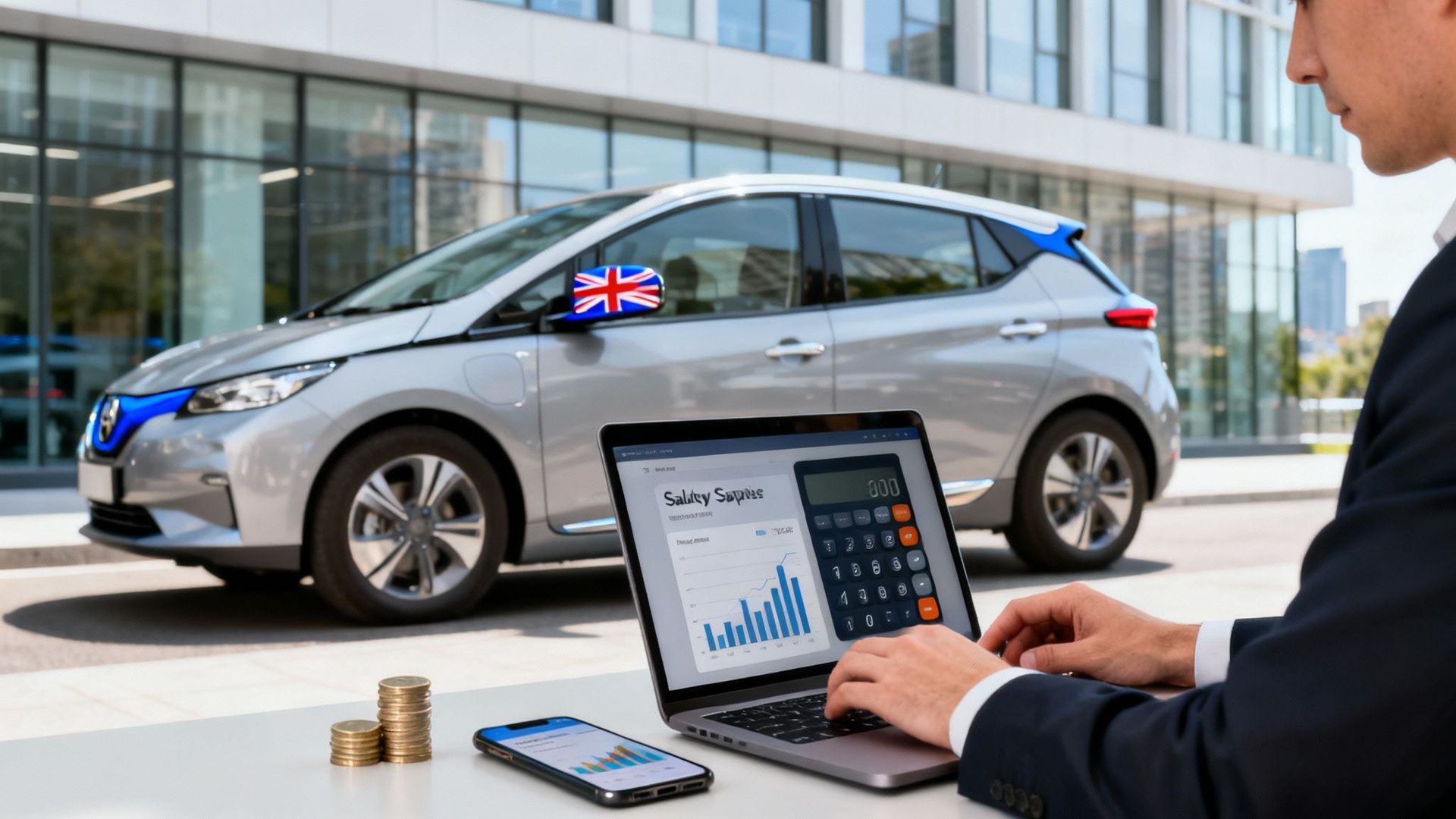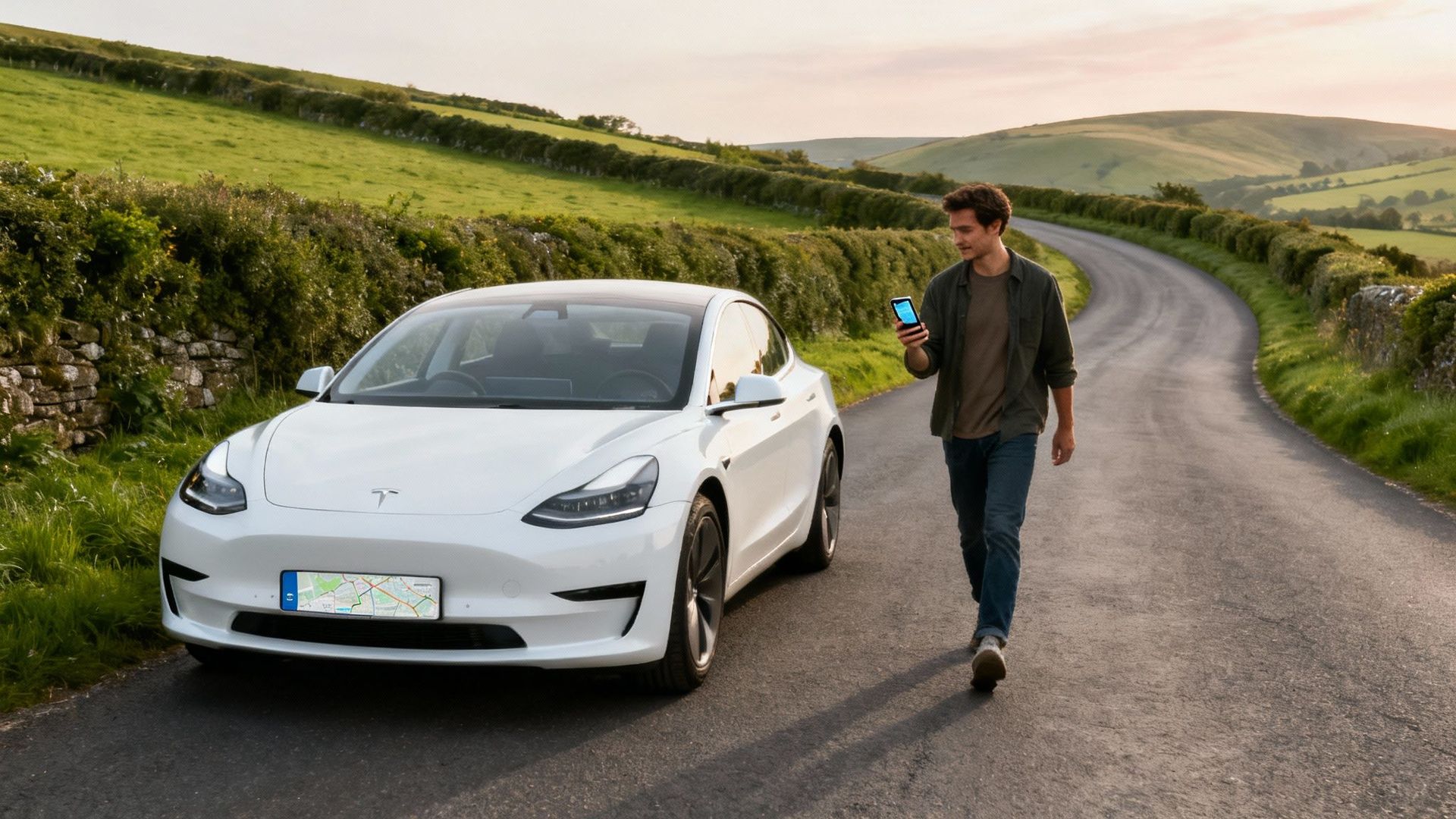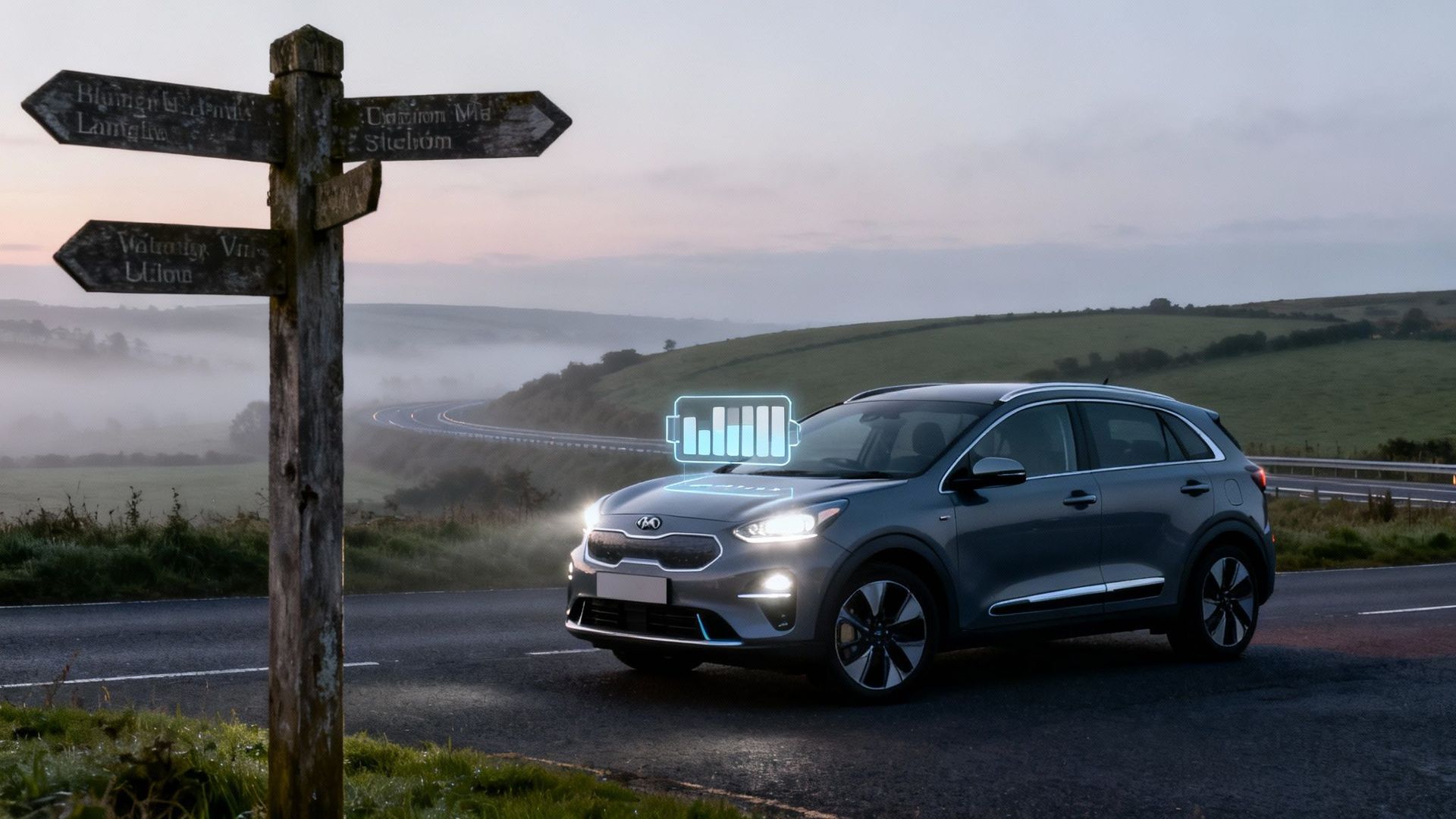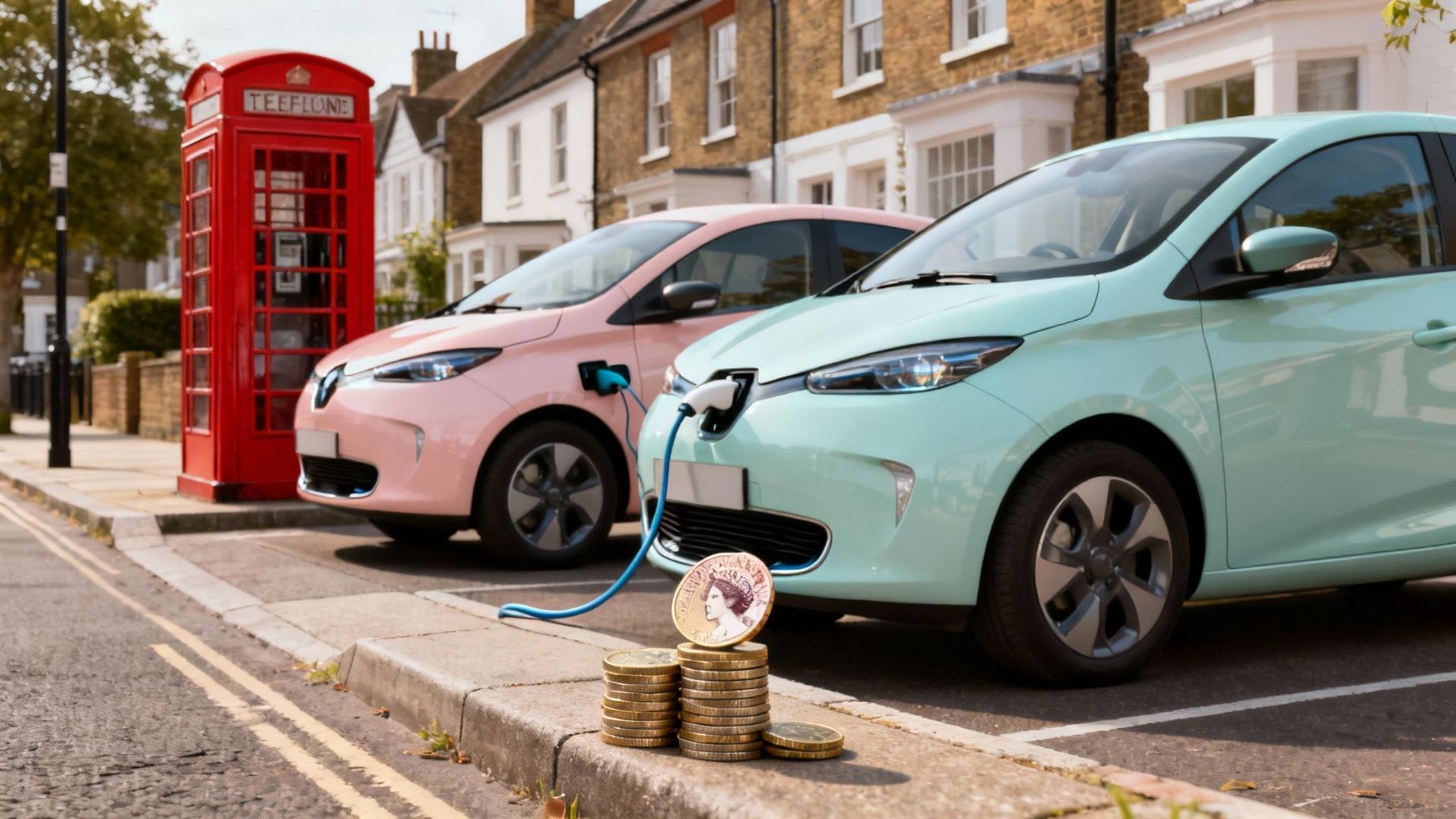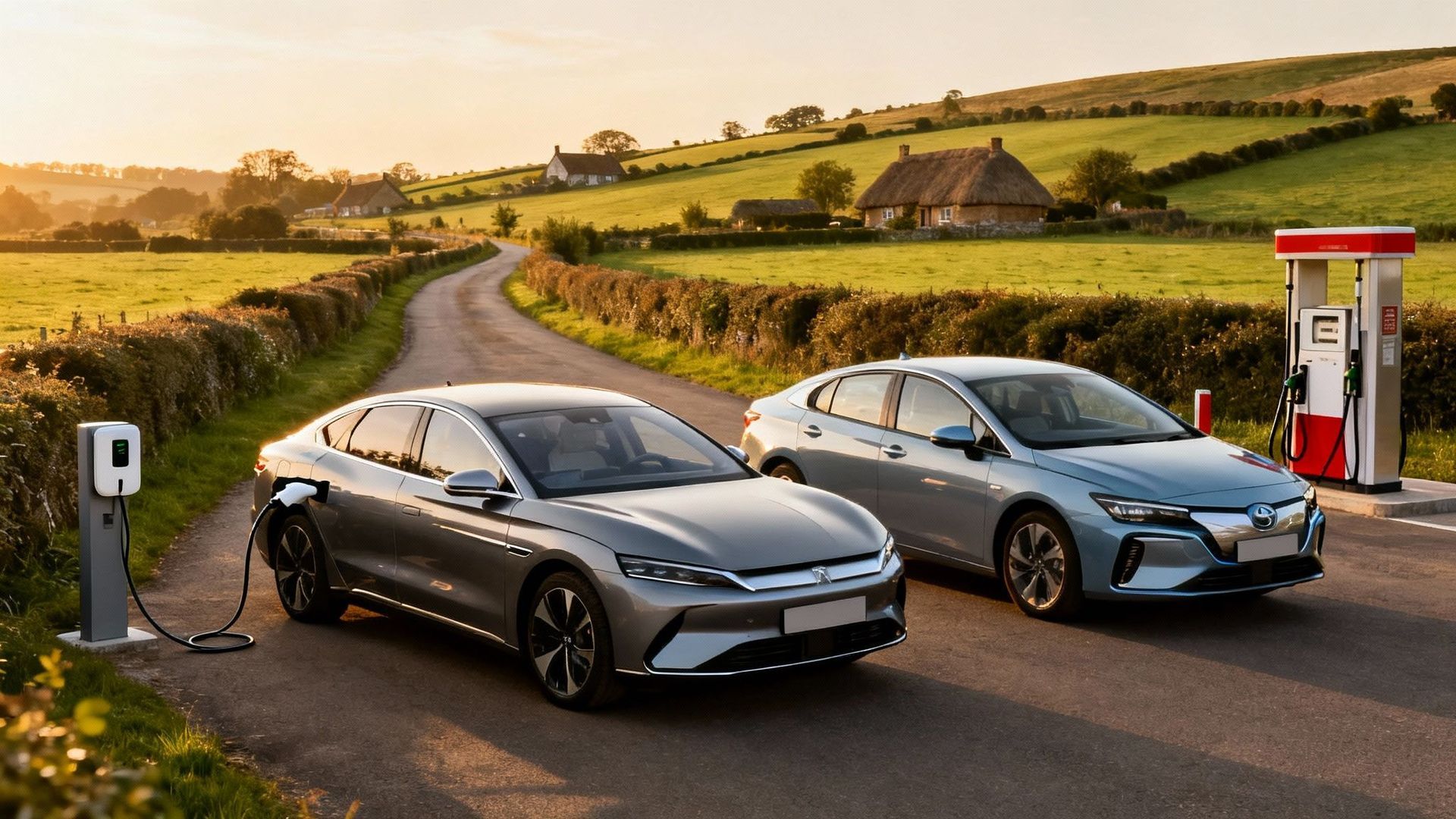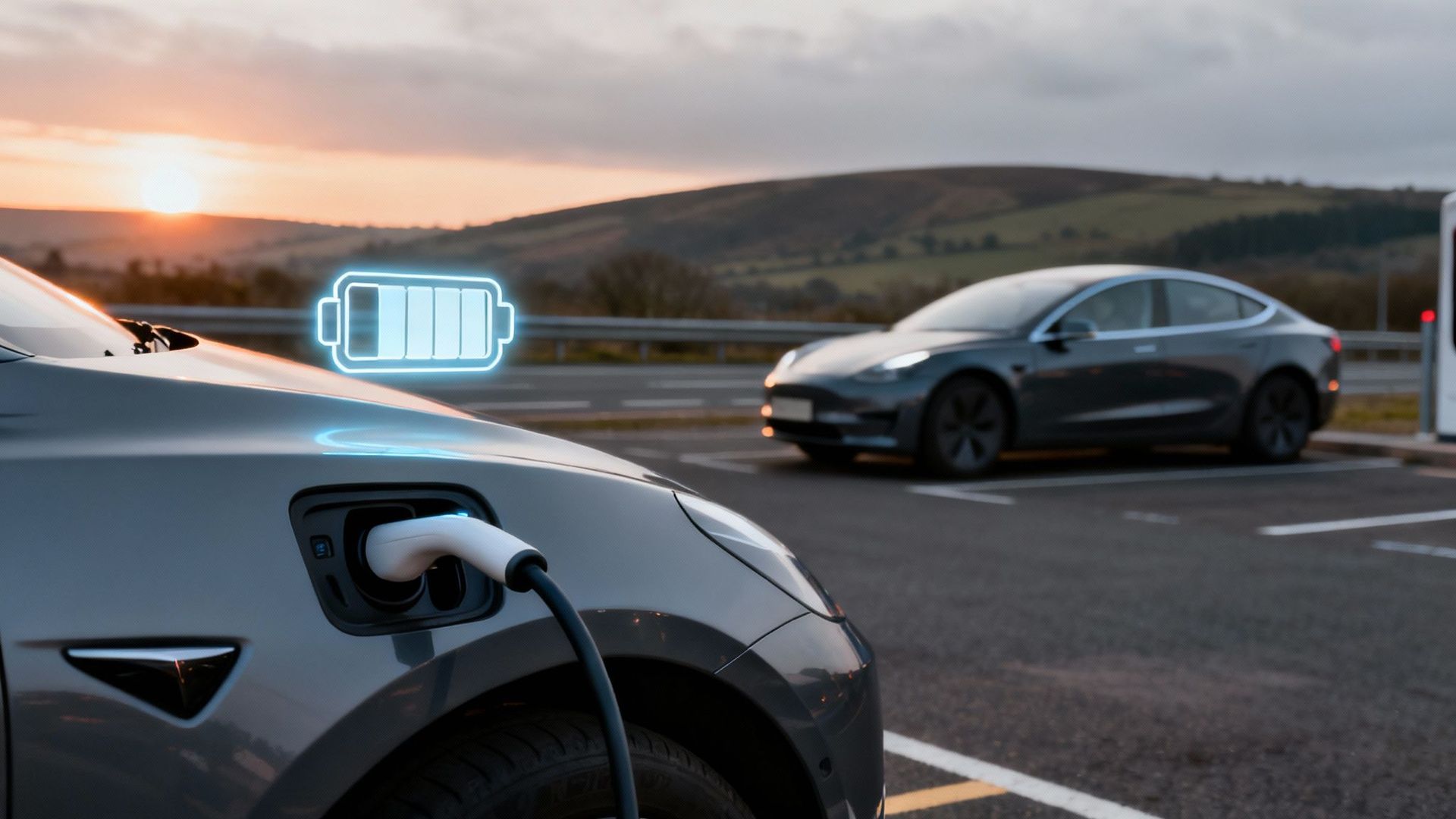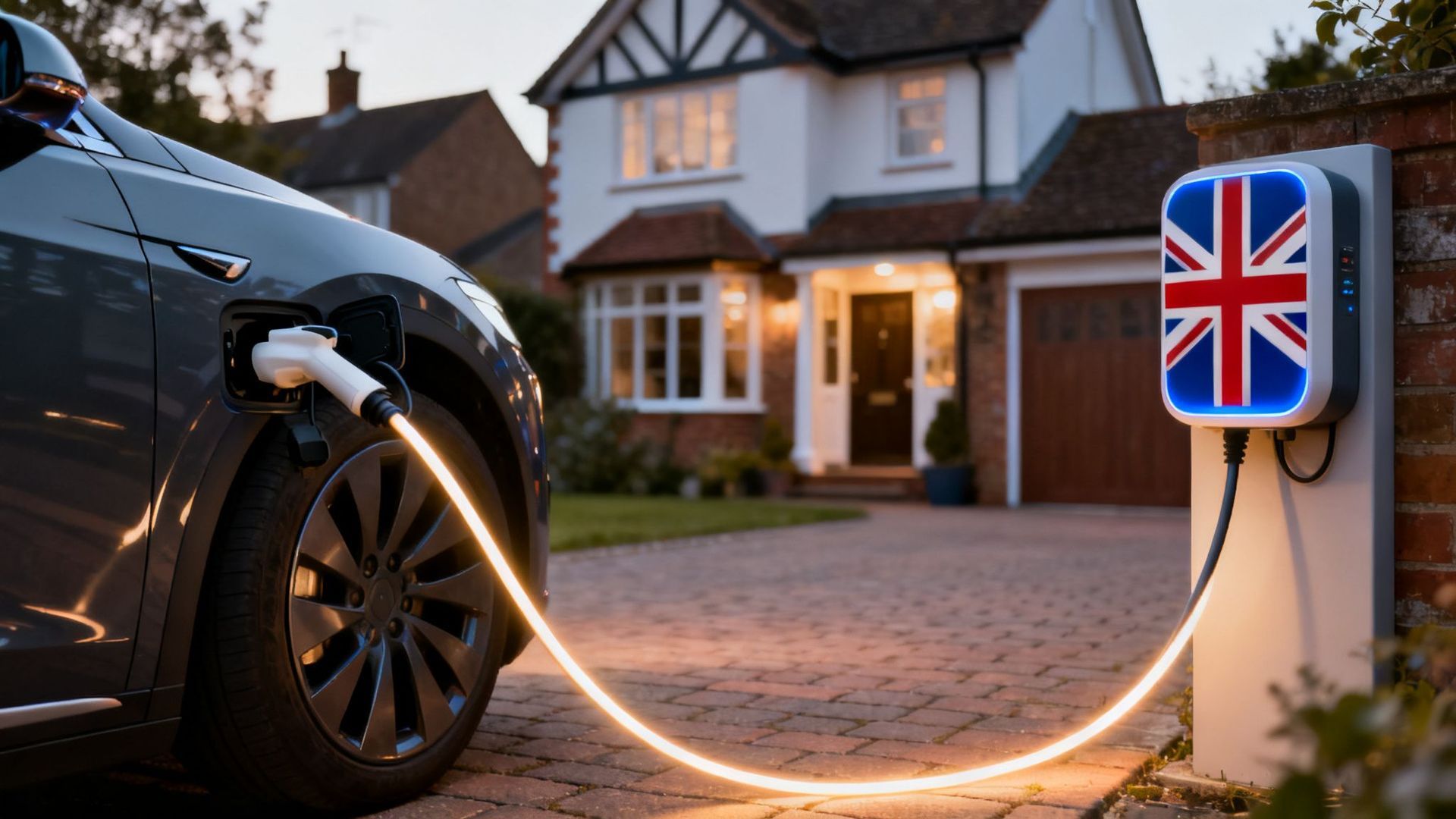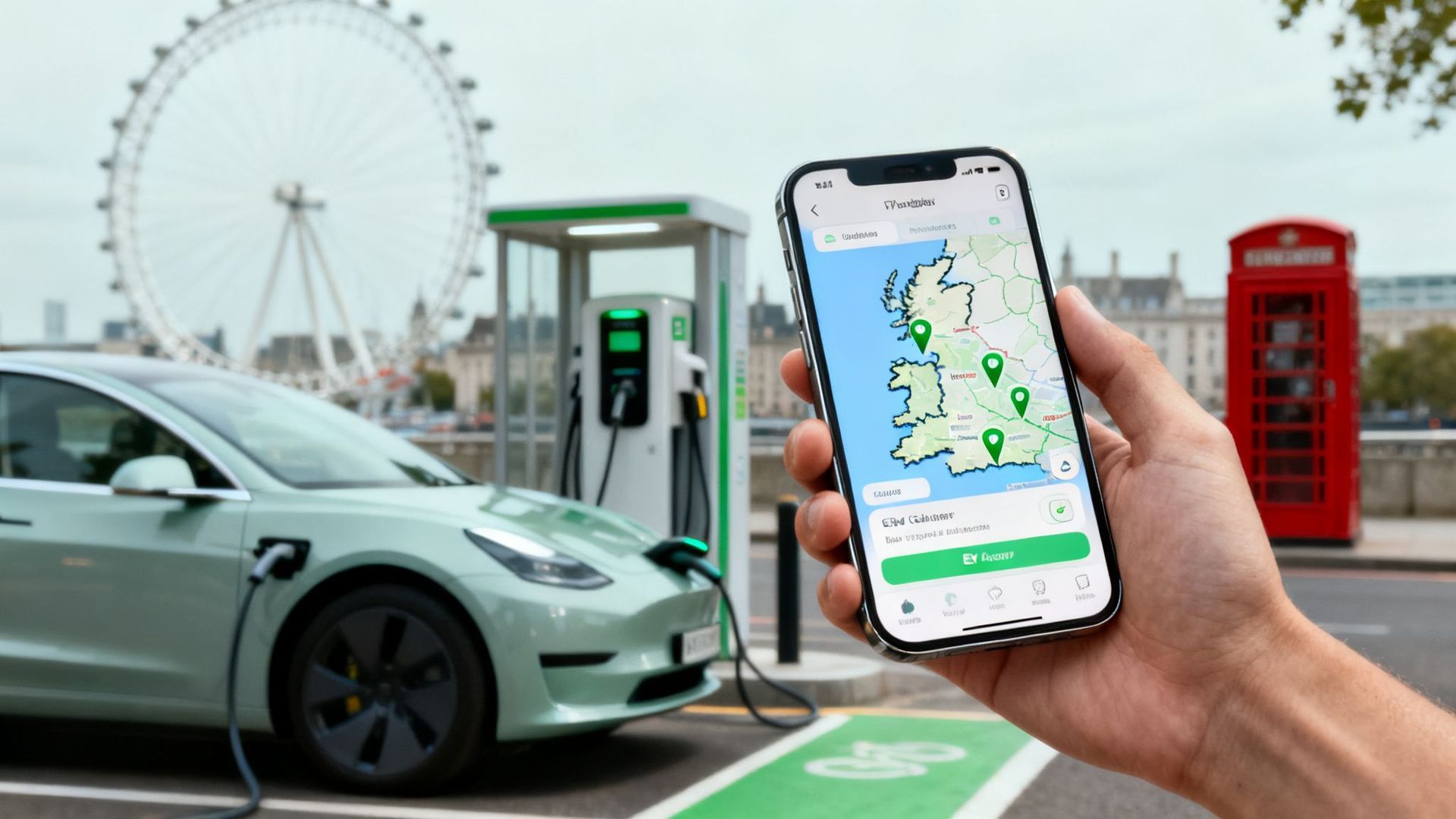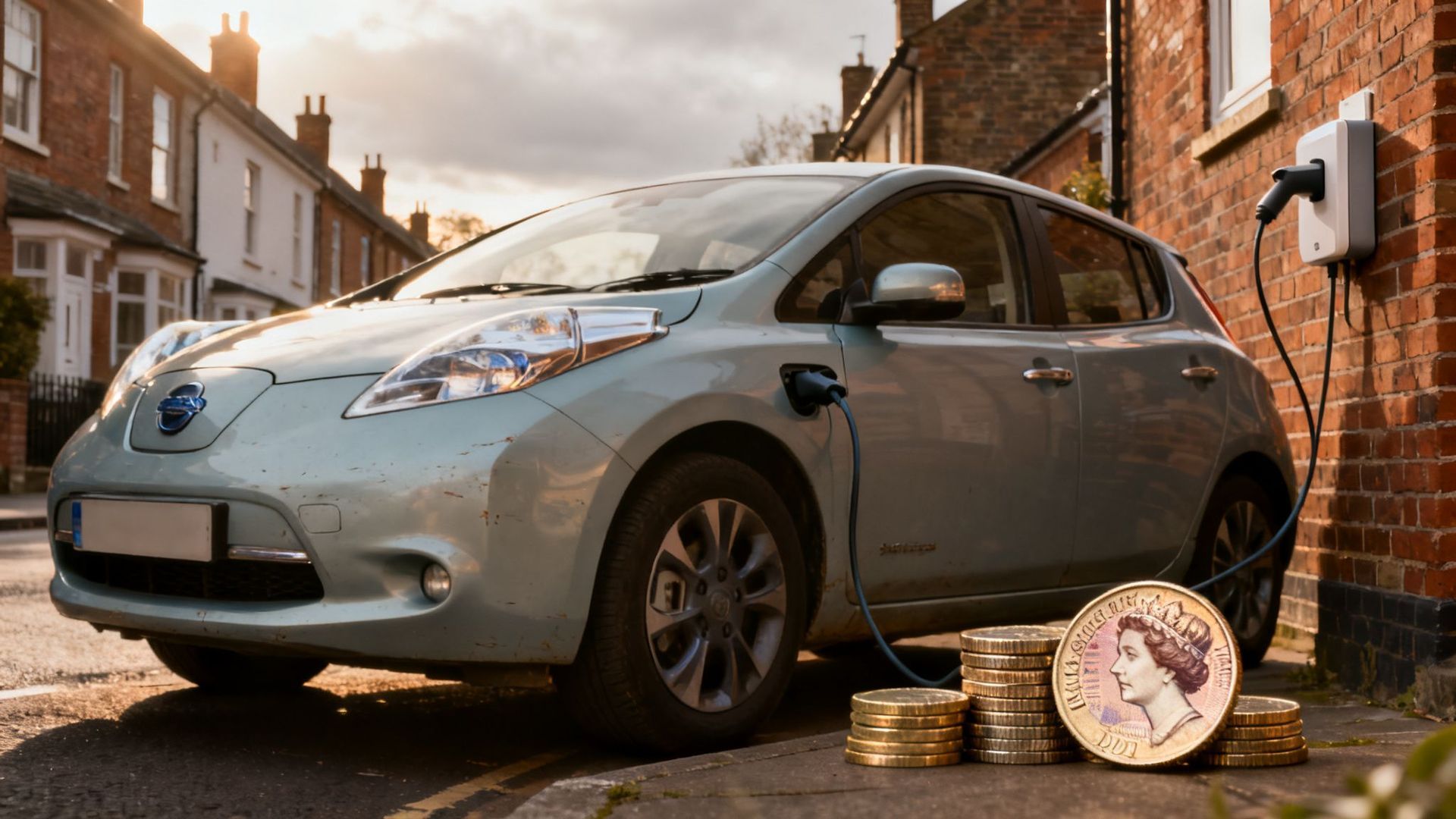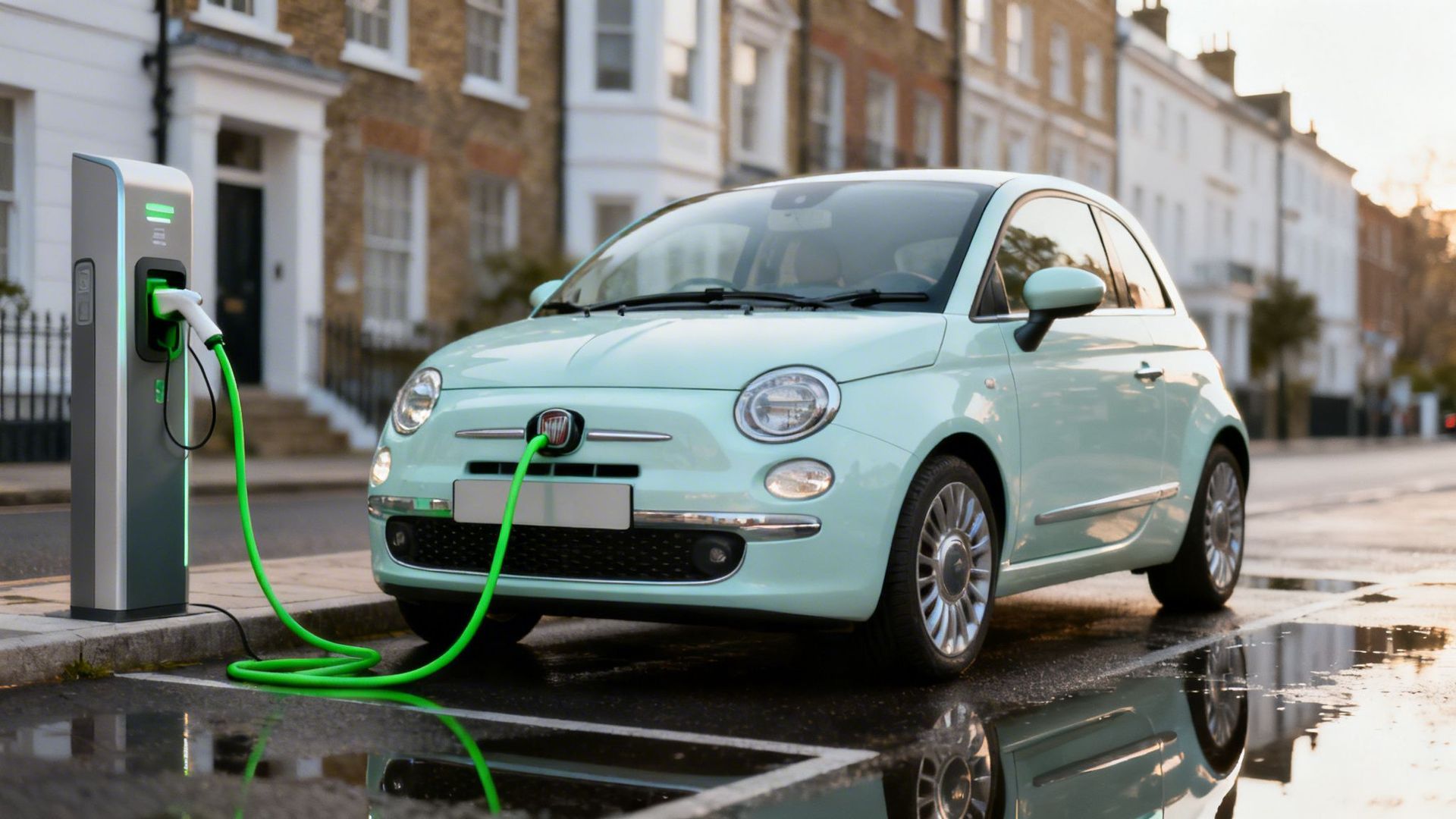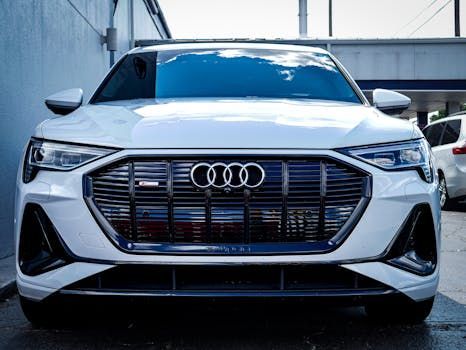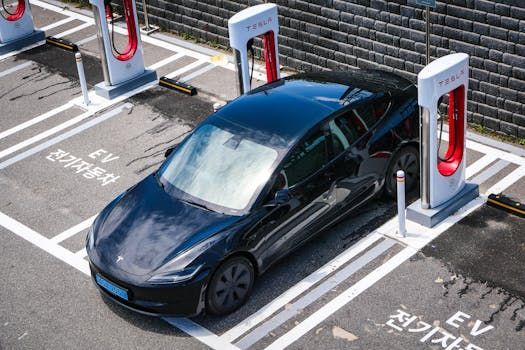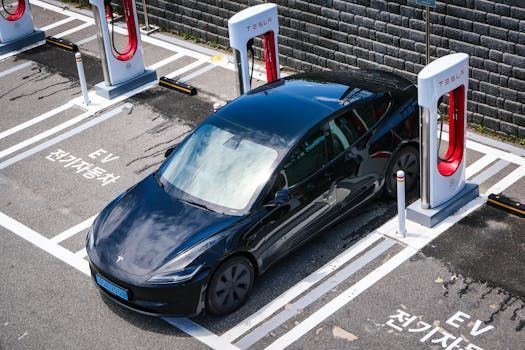The Real Cost of Owning an EV Compared to Petrol Cars
A true comparison of fuel, maintenance, tax and resale value in the age of electric driving
For many UK drivers, switching to an electric vehicle still raises the same question: is it actually cheaper to own than a petrol car?
While EVs often come with a higher upfront cost, the long-term economics tell a different story. At VoltsMonster, we help drivers cut through the confusion and see the full picture. Let’s break down the real cost of EV ownership in 2025.
1. Fuel vs charging: The day to day savings
This is where EVs shine. Charging an electric vehicle at home typically costs around 7 to 10 pence per kilowatt hour on an off-peak tariff. For most EVs, that works out to about £4 to £6 for 150 miles of range. In contrast, even with falling petrol prices, a full tank of unleaded now costs around £70 for a mid sized hatchback, offering a similar range. Over a year of driving, EV owners could save upwards of £800 on fuel alone. Public charging can be more expensive, but for drivers who can charge at home or work, the savings quickly add up.
2. Servicing and maintenance: Less moving parts, less to go wrong
Electric vehicles have far fewer mechanical parts than combustion engines. There is no exhaust system, no clutch and no engine oil. Brake wear is reduced thanks to regenerative braking systems. As a result, servicing costs for EVs tend to be 25 to 40 percent lower than their petrol equivalents. Over a typical three year ownership period, this can mean several hundred pounds saved on routine maintenance and fewer surprise repairs.
3. Taxation and incentives: Still tilted in favour of electric
In the UK, EVs remain exempt from vehicle excise duty (road tax), while petrol vehicles can cost up to £190 annually. Company car tax rates also favour electric, especially under salary sacrifice schemes. EVs also benefit from congestion charge exemptions and reduced rates in clean air zones, making them more affordable for urban drivers and commuters.
4. Insurance: A mixed picture
Insurance premiums for EVs have historically been higher, but this gap is closing. As more models hit the market and insurers gather more data, rates are beginning to level out. Still, this remains one of the few areas where petrol vehicles may currently hold a slight cost advantage.
5. Depreciation and resale value
Used EV prices dipped in 2023 but have since stabilised. Buyers are more confident in battery performance, and demand is increasing as new models age into the resale market. Models with strong battery health, long range capability and reputable service history are holding their value surprisingly well. Petrol vehicles, on the other hand, are now beginning to lose appeal in cities introducing low-emission zones and clean air charges.
Conclusion: Long term gain, not short term guesswork
When you total the cost of ownership over three to five years, EVs now rival and often outperform their petrol counterparts in real financial terms. Lower running costs, fewer repairs, tax breaks and rising resale values are tipping the scales.
At VoltsMonster, we help buyers get past sticker shock and understand what an electric vehicle really costs to own. Because when you look at the full picture, going electric is not just better for the environment it is better for your wallet too.

